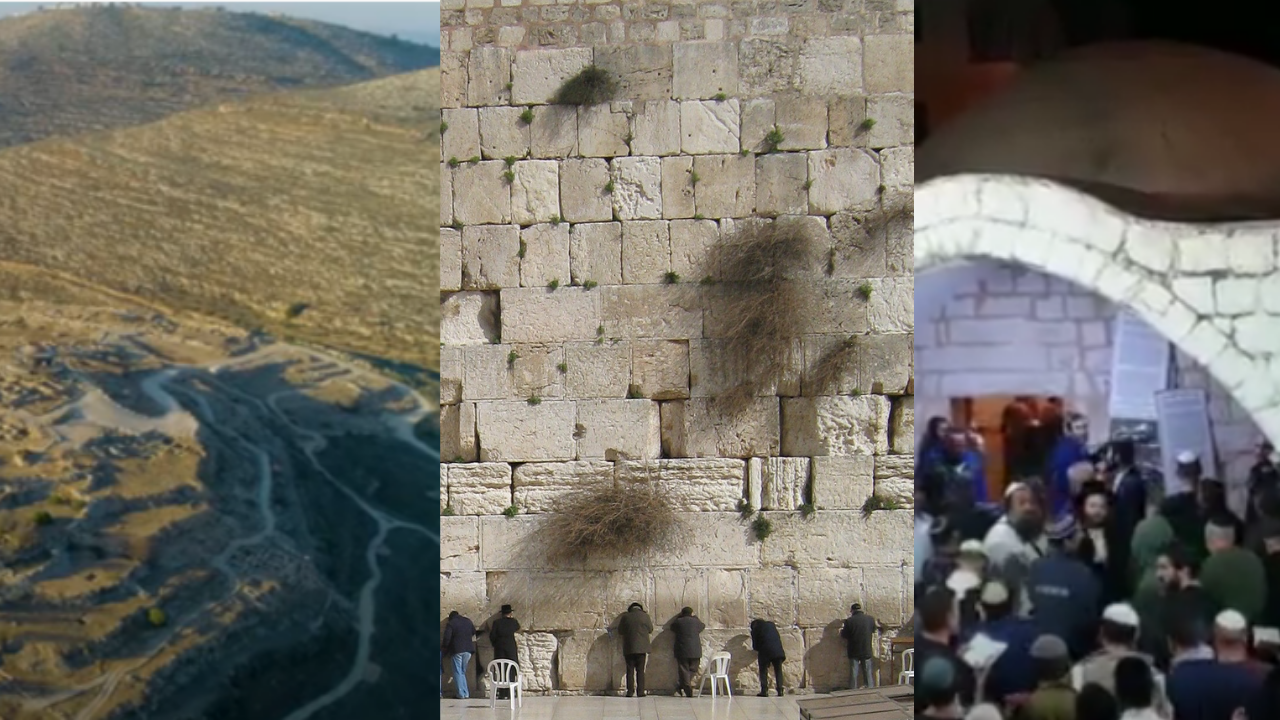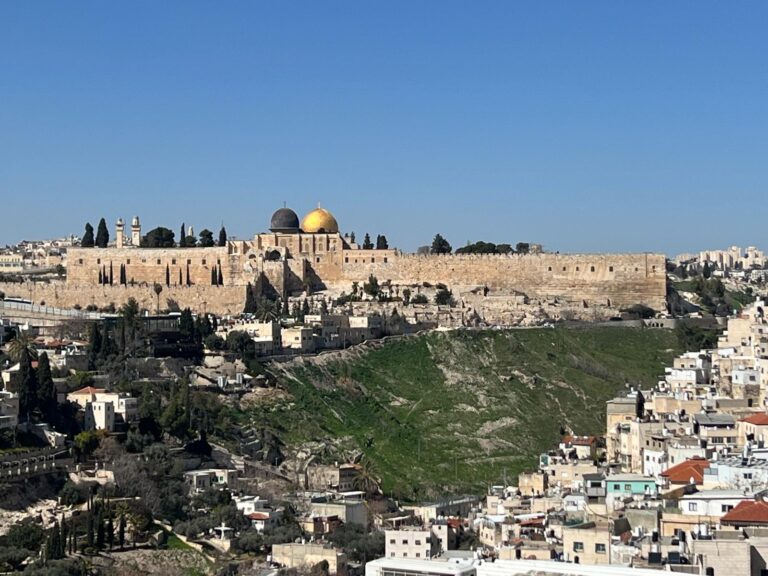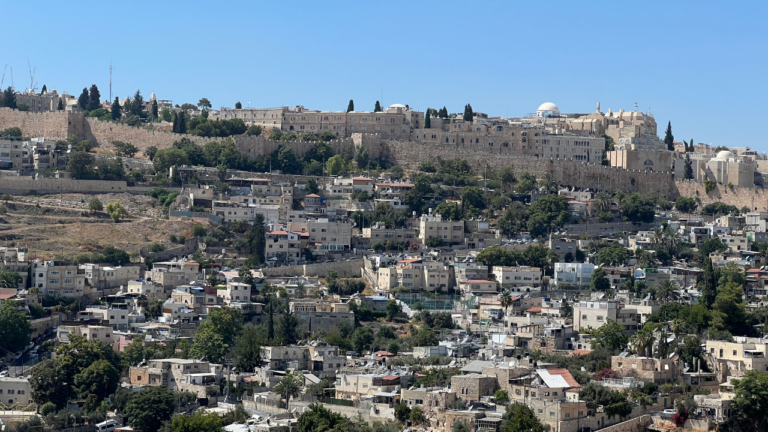Shilo, Shechem and Jerusalem
In Yaakov’s blessing to Yehuda he grants him the position of leadership: “The scepter shall not depart from Yehuda, Nor the ruler’s staff from between his feet; Until Shilo comes, And the homage of peoples be his.” The first half of the verse is fairly straightforward – that Yehuda should be the long term king over the rest of the Jewish people. What, however, is the meaning of coming to Shilo?
Rashbam has fascinating and innovative interpretation. He views it as Yaakov prophesizing the end of Yehuda’s leadership. While Dovid and Shlomo ruled over the entirety of the Jewish people, in the times of Rechavam the son of Shlomos the majority of the people defected and appointed Yeravam ben Nevat to be their king. Yaakov was alluding to this unfortunate future event.
How does this link to the coming of Shilo? Rashbam, with his encyclopedic mastery of Tanach, cites a verse in Divrei HaYamim which describes the beginning of Rechavam’s reign: “Rechavam went to Shechem, for all Israel had come to Shechem to acclaim him king.” It was there that the people asked him to lower the work and tax load that Shlomo had put upon the people which eventually led to a full-blown rebellion. Rashbam notes that Shilo is very close to Shechem and therefore the “coming to Shilo” refers to this event. It was Rechavam’s coming to Shilo/Shechem which began the temporary break of the Davidic dynasty’s unified rulership.
While Rashbam’s approach is fascinating, it leaves one with a possible question. Of all parts of the story of Rechavam’s failures and the people’s defection, why did Yaakov choose to allude to this story by highlighting the location of the conversation between the people and Rechavam? Why not reference any other detail of the story?
Perhaps the answer is that the mention of Shilo/Shechem in this story brings an important point to the fore. The Davidic king is not supposed to be appointed in Shechem. It is Yerushalayim which is the eternal capital of the Jewish people and the eternal seat of the true kings of all of the Jewish people.
It is possible that one of the symptoms of Rechavam’s lack of ability to be a true king in his father and grandfather’s image was that he willingly left Yerushalayim to receive his official appointment in a different location. This indicates that he did not understand the true significance of his position nor the true significance of Yerushalayim. It was only natural, then, that most of his kingdom would be wrested away from him. By contrast, the true kings of Dovid appreciate the centrality of Yerushalayim to the Jewish people and to their government.



